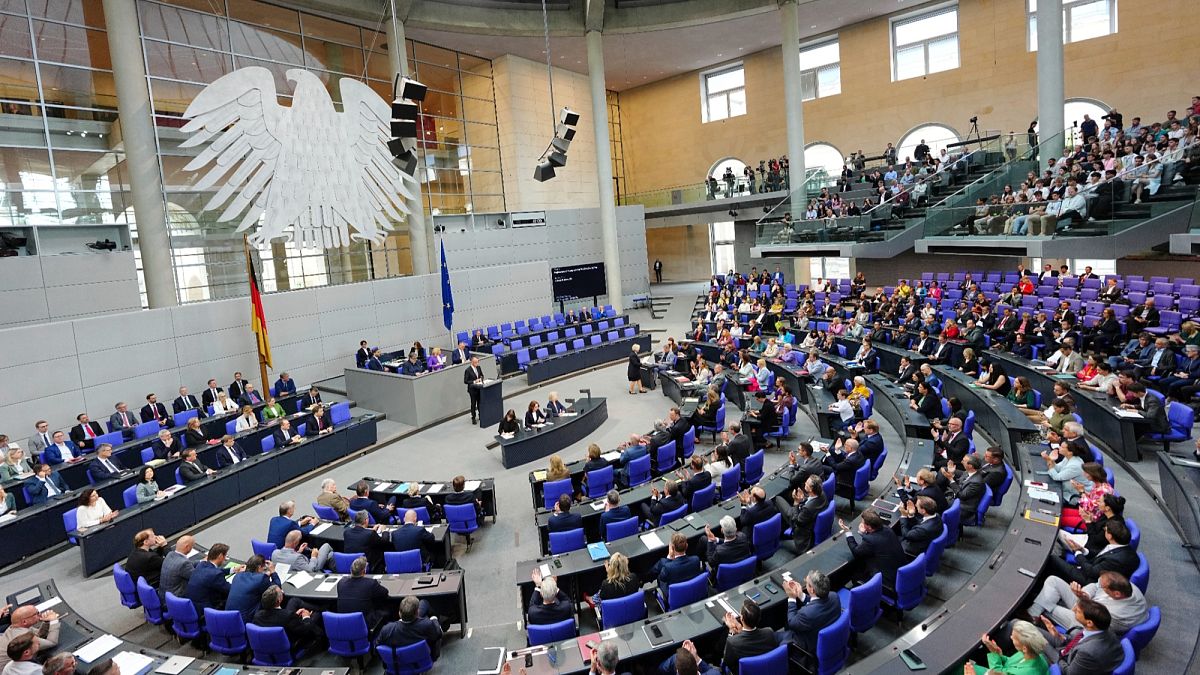

In a world where change is constant, recent events across the globe illustrate a tapestry of challenges and initiatives aimed at finding balanced and effective solutions. A prominent step was taken by German lawmakers, who voted to suspend family reunification programs for refugees with subsidiary protection for an initial two years. This measure is part of broader efforts to address migration issues pragmatically while considering both national and humanitarian interests.
In the Pacific, an inspiring yet sobering development unfolded as thousands of Tuvaluans applied for a newly established visa allowing relocation to Australia. This treaty, hailed as a model for climate-induced mobility, stems from the harsh reality of environmental challenges threatening the habitability of Tuvalu. It highlights the intersection of climate change and human resilience and suggests a path forward for nations facing similar predicaments.
Across Europe, financial considerations have led Slovakian Prime Minister Robert Fico to veto a new set of EU sanctions against Russia. The decision underscores the complex balance between political principles and economic dependencies, a recurring theme in international relations. By taking a stance that prioritizes financial compensation, Fico reflects the nuanced priorities that many leaders face amid geopolitical tensions.
In the Middle East, diplomatic efforts remain strained as Iran’s Foreign Minister proclaimed complications in U.S.-Iran negotiations, attributed to recent American strikes on nuclear sites. This statement emerged despite claims from the U.S. of potential forthcoming talks, hinting at the intricate dynamics and sensitive nature of international diplomacy where actions and dialogues continuously shape outcomes.
The Americas reveal their share of challenges as well, with Canadian officials urgently seeking clarity regarding the death of Johnny Noviello while in U.S. Immigration and Customs Enforcement custody in Florida. The incident has prompted calls for transparency and underscores the importance of international cooperation in addressing human rights within detention and deportation processes.
Further south in Colombia, the UN has issued warnings regarding the recruitment of minors by gangs via social media platforms such as TikTok and Facebook. This alarming trend, facilitated by the allure of depicted lifestyles, poses risks to vulnerable youth. The UN has verified hundreds of recruitment cases, a concern that reflects broader societal issues exacerbated by digital access. Strategies to counteract such recruitment are crucial as communities strive to protect and empower their younger generations.
Across these varied stories, a common thread emerges: nations and communities are continually navigating complex challenges, with each scenario offering insights into the global effort to secure a more stable and equitable future. As these events unfold, the importance of mindful decision-making and cooperative solutions becomes ever more apparent, guiding us toward responsive and compassionate global policies.
Source: {link}
